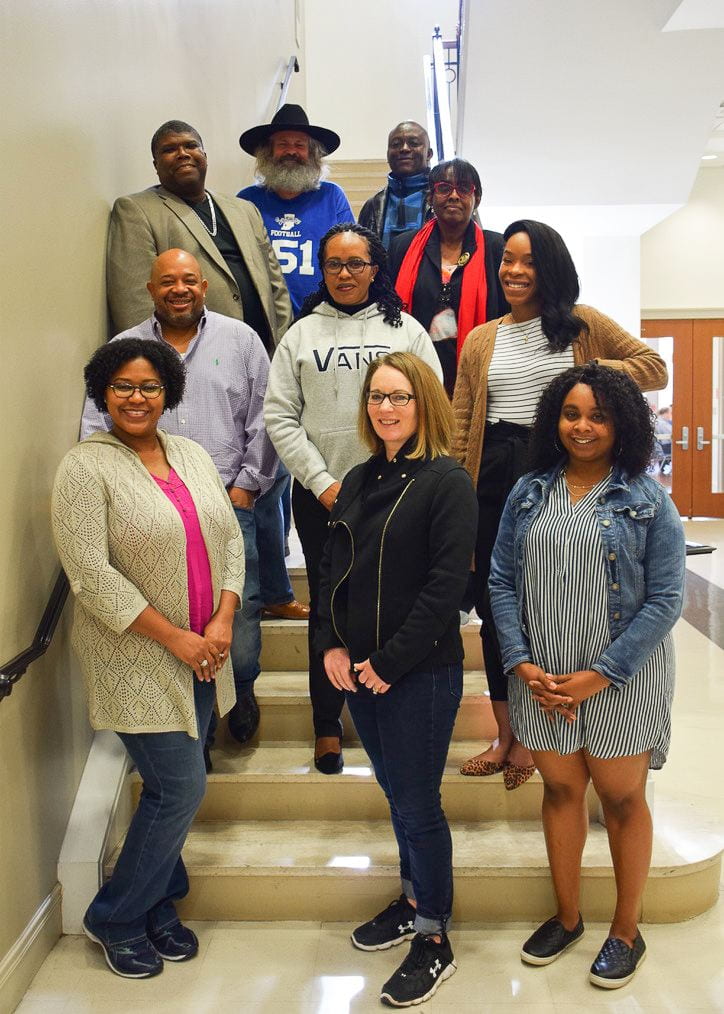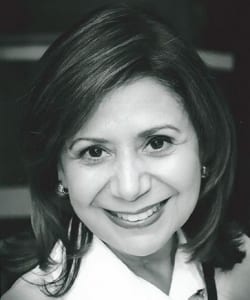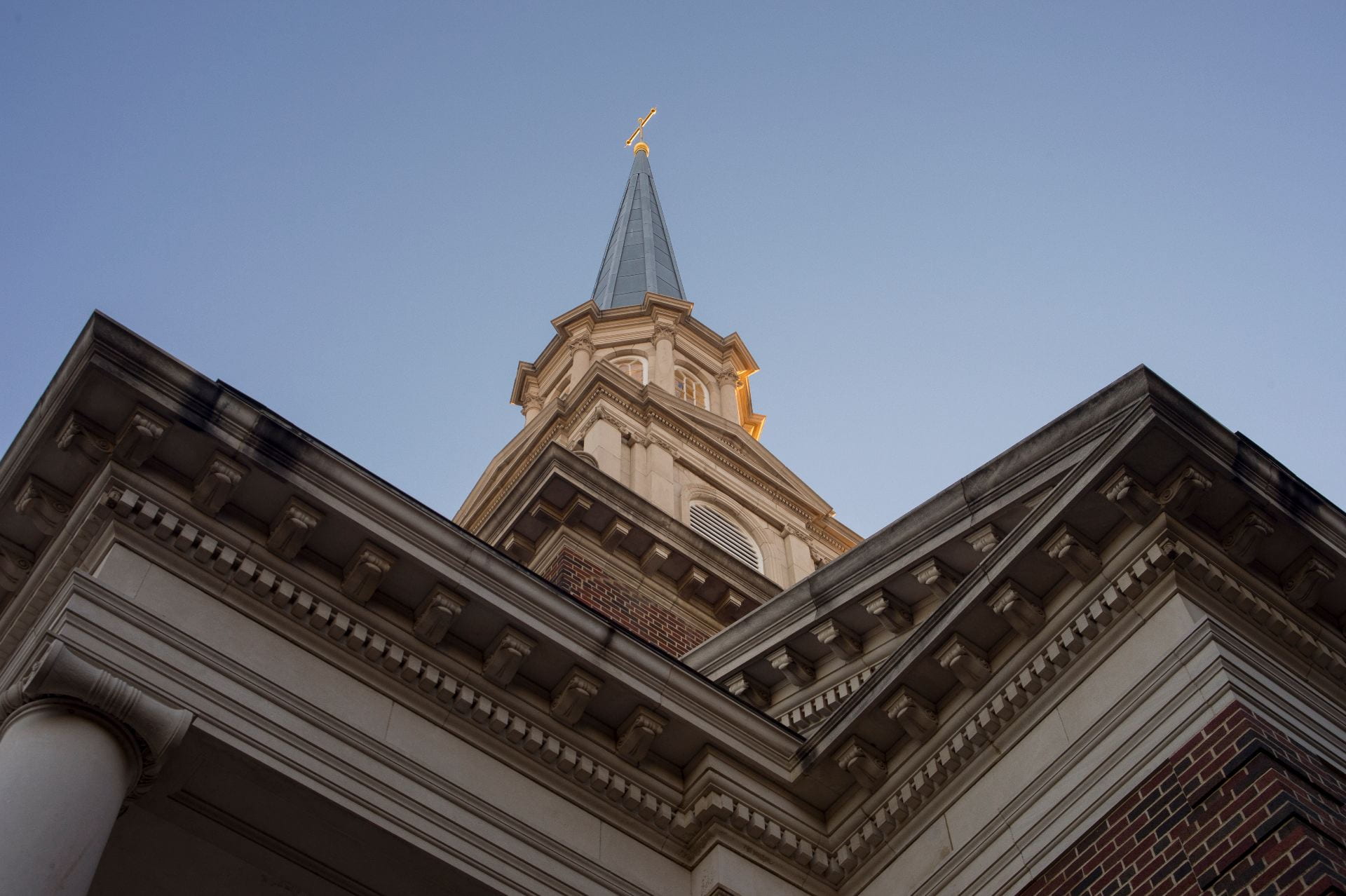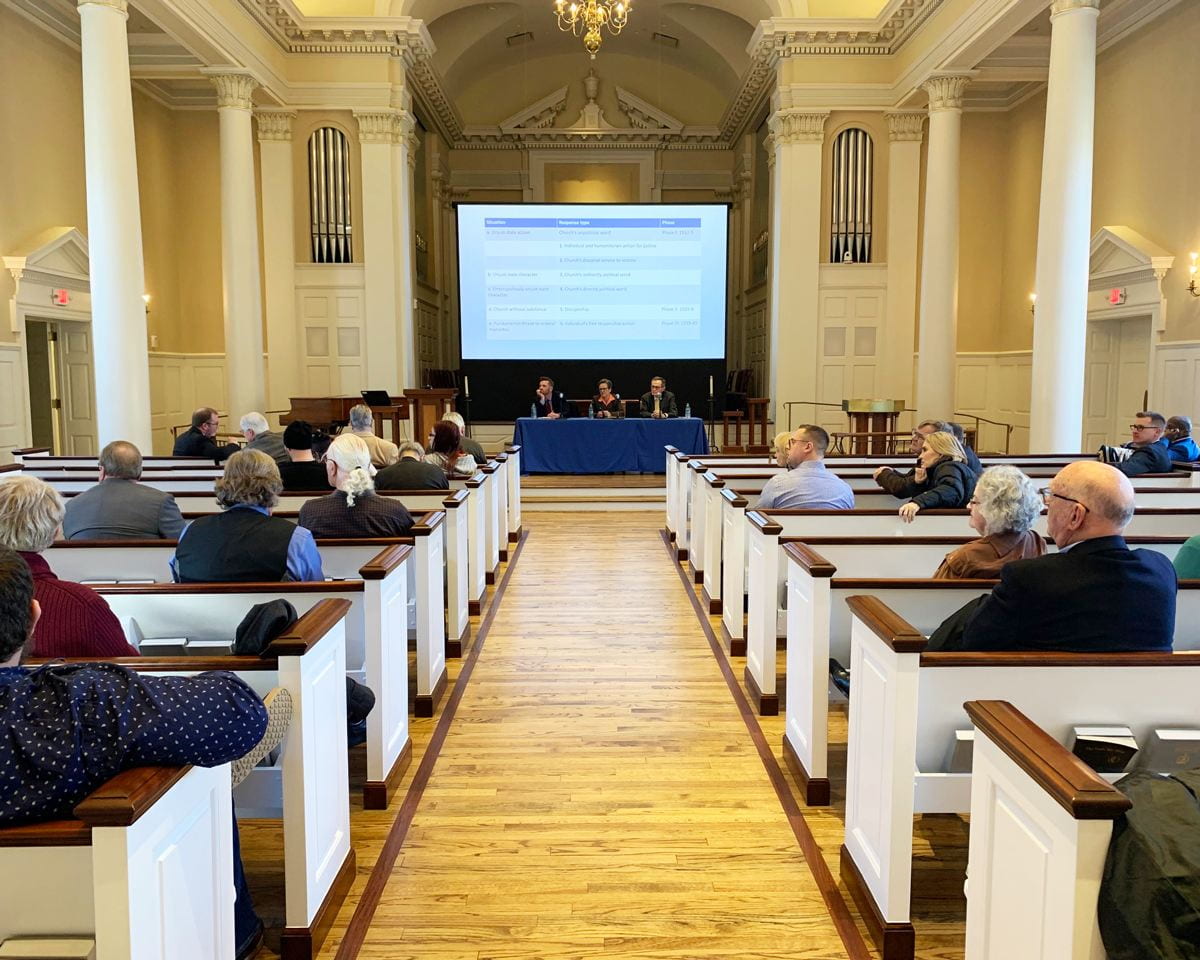Bridwell Quill – Latest Note, November – December 2021
Read the update from Bridwell Library Director Anthony Elia.
Bridwell Quarterly – Fall 2021
The thirteenth issue of The Bridwell Quarterly includes a note from Bridwell Library Director Anthony Elia, reflecting on the past few months; a story about the newly renamed Center for Methodist Studies at Bridwell Library; a tribute to Ian Tyson; a staff profile; and many more topics we hope you’ll enjoy.
Click to read the Fall 2021 Issue of The Bridwell Quarterly.
Bridwell Quill – Latest Note, August – October 2021
Read the update from Bridwell Library Director Anthony Elia.
Bridwell Quarterly – Summer 2021
The twelfth issue of The Bridwell Quarterly includes a note from Bridwell Library Director Anthony Elia, reflecting on the past few months; reports on the library’s reopening, the Dante Festival and the arrival of a new major collection; upcoming online exhibitions; a staff spotlight; and many more topics we hope you’ll enjoy.
Click to read the Summer 2021 Issue of The Bridwell Quarterly.
Bridwell Quill – Latest Note, April – July 2021
Read the update from Bridwell Library Director Anthony Elia.
Bridwell Quarterly – Spring 2021
The eleventh issue of The Bridwell Quarterly includes a note from Bridwell Library Director Anthony Elia, reflecting on the past few months; updates on the library’s renovations; upcoming online exhibitions; and many more topics we hope you’ll enjoy.
Click to read the Spring 2021 Issue of The Bridwell Quarterly.
Bridwell Quill – Latest Note, January – March 2021
Read the update from Bridwell Library Director Anthony Elia.
Bridwell Quarterly – Winter 2021
The tenth issue of The Bridwell Quarterly includes a note from Bridwell Library Director Anthony Elia, reflecting on the past few months; recent acquisitions and winter gifts to Bridwell; updates on the library’s renovations; upcoming online exhibitions; and many more topics we hope you’ll enjoy.
Click to read the Winter 2021 Issue of The Bridwell Quarterly.
Bridwell Quill – Latest Note, July – December 2020
Read the update from Bridwell Library Director Anthony Elia.
Bridwell Quarterly – Fall 2020
The eighth and ninth issue of The Bridwell Quarterly includes a note from Bridwell Library Director, Anthony Elia, reflecting on the past few months; passages and experiences of staff; updates on the library’s renovations; upcoming online exhibitions; and many more topics we hope you’ll enjoy.
Click to read the Summer / Fall 2020 Issue of the Bridwell Quarterly
Bridwell Quarterly – Spring 2020
The seventh issue of The Bridwell Quarterly includes a note from Bridwell Library Director, Anthony Elia, reflecting on the past few months; passages and experiences of staff; updates on the library’s renovations; upcoming online exhibitions; and many more topics we hope you’ll enjoy.
Click to read the Spring 2020 Issue of the Bridwell Quarterly
Bridwell Quill – Latest Note, February – April 2020
Read the update from Bridwell Library Director Anthony Elia.
Bridwell Quarterly – Winter 2020
The sixth issue of The Bridwell Quarterly includes a note from Bridwell Library Director, Anthony Elia, reflecting on the past few months; passages and experiences of staff; updates on the library’s renovations; upcoming online exhibitions; and many more topics we hope you’ll enjoy.
Click to read the Winter 2020 Issue of the Bridwell Quarterly
Bridwell Quill – Latest Note, November – December 2019
Read the update from Bridwell Library Director Anthony Elia.
Bridwell Quarterly – Fall 2019
The fifth issue of The Bridwell Quarterly includes a note from Bridwell Library Director, Anthony Elia, reflecting on the past few months; passages and experiences of staff; updates on the library’s renovations; upcoming online exhibitions; and many more topics we hope you’ll enjoy.
Click to read the Fall 2019 Issue of the Bridwell Quarterly
Bridwell Quill – Latest Note, September – October 2019
Read the update from Bridwell Library Director Anthony Elia.
Bridwell Quill – Latest Note, May – August 2019
Read the update from Bridwell Library Director Anthony Elia.
Bridwell Quarterly – Summer 2019
The fourth issue of The Bridwell Quarterly completes the first annual cycle of publishing, and includes a note from Bridwell Library Director, Anthony Elia, passages and experiences of staff, a reflection on the library’s current state of change, and many more topics we hope you’ll enjoy.
Click to read the Summer 2019 Issue of the Bridwell Quarterly
Bridwell Quill – Latest Note, March & April 2019
Read the update from Bridwell Library Director Anthony Elia.
Bridwell Quarterly – Spring 2019
The third issue of The Bridwell Quarterly features a range of activities and events, not least of which is an old (though now discontinued) tradition, which former Bridwell staff member Charles Baker writes about: Savonarolafest.
Click to read the Spring 2019 Issue of the Bridwell Quarterly
Bridwell Library – May 2019
The Word Embodied
This fine press catalog, limited to two hundred copies, was designed and printed by Bradley Hutchinson at his letterpress printing office in Austin Texas. Reflecting the style of many of the items featured in the exhibition, the catalog comprises loose folios and sheets housed in a four-flap paper portfolio. The type is Espinosa Nova, designed by Cristóbal Henestrosa and based on the types of Antonio de Espinosa, the first typecutter in the New World, who was active in Mexico City between 1551 and 1576. The paper is Mohawk Superfine and the illustrations were printed by Capital Printing of Austin, Texas. The portfolio was constructed by Santiago Elrod. Images were prepared by Rebecca Howdeshell, Bridwell Library, using an i2S SupraScan Quartz A1 book scanner. 100 pages, folios housed in paper wrappers; color illustrations; 28 x 21 cm. Please visit www.smu.edu/bridwell to purchase your copy.
- Arvid Nelsen, Curator and Rare Books and Manuscripts Librarian
All of Bridwell Library’s publications, including past issues of the Bridwell Quill and Bridwell Quarterly can be found here: blog.smu.edu/quarterly
Bridwell Quill – Spring 2019
Read the update from Bridwell Library Director Anthony Elia.
Bridwell Library – February 2019
Bridwell Library announces an exhibition of some of the earliest and most important publications printed in Greek, which runs through May 20, 2019. The selection offers a glimpse into the richness and significance of materials accessible for study and appreciation at Bridwell Library Special Collections. For more information, visit our website.
From the January 2019 Issue of Perspective Online
Bridwell Quill – January 2019
Read the monthly update from Bridwell Library Director Anthony Elia.
Bridwell Quarterly – Winter 2018
The second issue of The Bridwell Quarterly explores hidden aspects of the library’s collections, plus some remarkable encounters with people who have visited the library in recent months.
Click to read the Winter 2018 Issue of the Bridwell Quarterly
From the December 2018 Issue of Perspective Online
Bridwell Quill – December 2018
Read the monthly update from Bridwell Library Director Anthony Elia.
From the November 2018 Issue of Perspective Online
Introducing Bridwell Quarterly, a new seasonal publication from Bridwell Library.
“In these pages and those of future publications, we hope to speak as a fellowship of colleagues, who support our patrons, neighbors, and friends. We welcome you all to Bridwell Library and hope that you will enjoy reading about the many events, projects, and activities that are happening in our community.” – Anthony Elia, Bridwell Library Director
Click to read the Fall 2018 Issue of the Bridwell Quarterly
Bridwell Quill – November 2018
Read the monthly update from Bridwell Library Director Anthony Elia.
From the October 2018 Issue of Perspective Online

Perkins Names Anthony Elia New Director of Bridwell Library
Anthony Elia has been named J.S. Bridwell Foundation Endowed Librarian and Director of Bridwell Library at Perkins School of Theology, Southern Methodist University, effective June 1. He succeeds retiring Director Roberta Schaafsma, who served in that role since April 2007. Read the full release here.
Bridwell Quill – October 2018
Read the monthly update from Bridwell Library Director Anthony Elia.




















